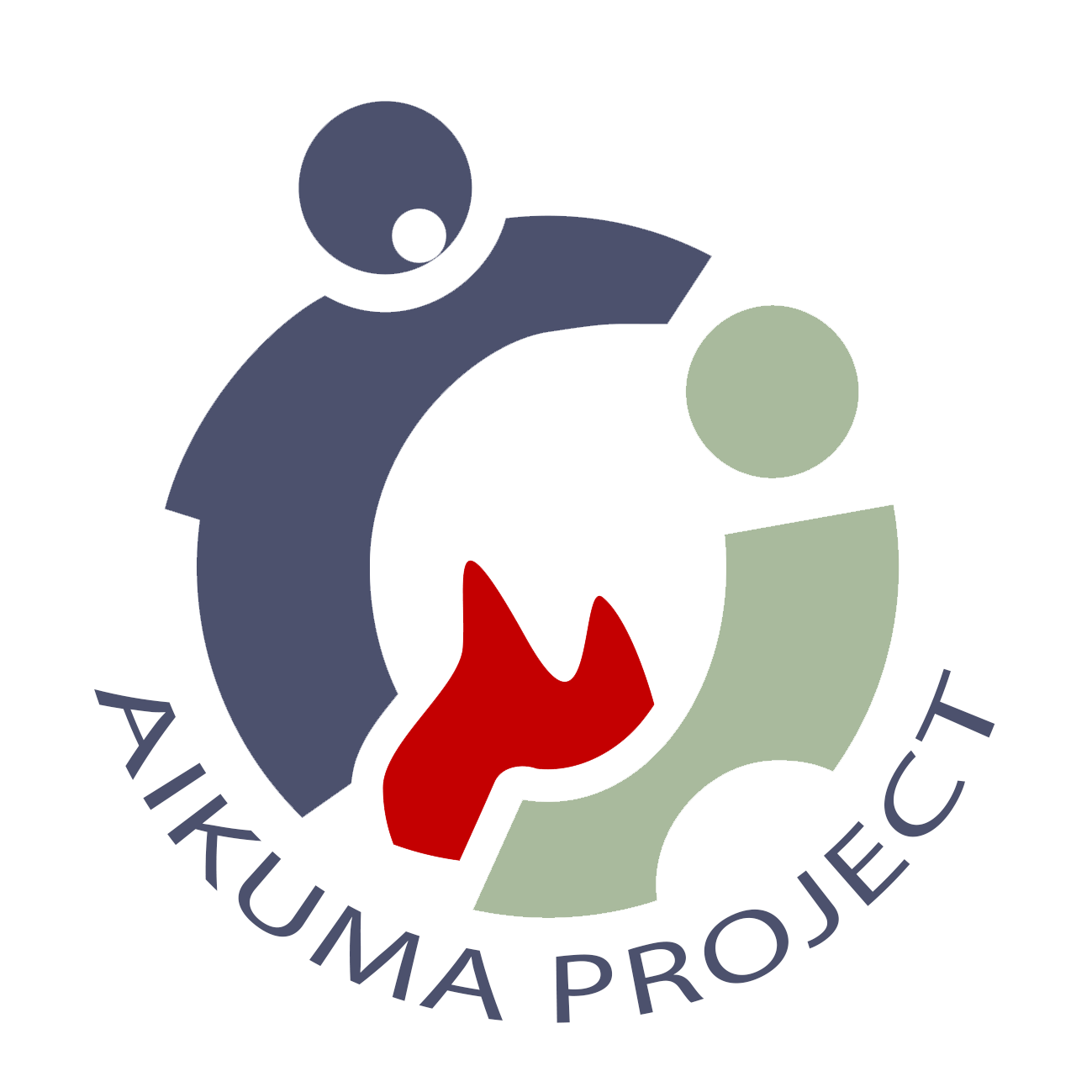"Engaging with Indigenous languages in a different way": Bobbie's story
In August of 2019, storytellers living in Australia’s remote northwest came together in a beautiful celebration of their oral traditions as part of the Corrugated Lines Festival of Words. It was one of eleven Language Parties held in 2019 in celebration of the United Nations International Year of Indigenous Languages.
As the heat of the day subsided and the sun slipped behind the trees, storytellers and storylisteners gathered on the grass outside the Yawuru Health and Wellbeing Centre of Nyamba Buru Yawuru. We sat on rugs in small groups as darkness fell, and listened as Natalie Dean opened with a Welcome to Country in Yawuru. In response, storytellers who were seated amongst the audience took turns to stand and acknowledge Country in their own languages: Yawuru, Walmajarri, Maori, Taiwanese Hokkien, and… Cherokee.
After some words of explanation from our emcee, the storytelling began. We leant forward to take in each word, expression, movement. We felt in to each story, our hearts and minds opening to the words and lives being shared with us.
In due course, Bobbie Chew Bigby took to the stage to bring us a story ‘The Beautiful Stone’ in her ancestral language, Cherokee. Originally from Oklahoma, Bobbie was completing her university studies in Broome, and continuing to deepen her ties with her ancestral culture. We caught up with Bobbie the following day and asked her about her experience of sharing her heritage language in public for the first time.
Talking with Bobbie, we learnt that she is a storyteller, writer, scholar, educator, polyglot and enthusiast of the diversity of human cultures, languages, arts and traditional relationships with the living environment. Born and raised in Oklahoma and a citizen of the Cherokee Nation, Bobbie is a daughter of Cantonese, Cherokee and Euro-American heritages. Here is Bobbie in her own words:
“Language Parties create awareness of Indigenous languages and get people excited to engage with Indigenous languages in a different way than they think that they can. Language Parties are a beautiful concept that allows listeners to hear a story told in a traditional language without simultaneous English interpretation or translation. This helps to empower languages that have been marginalised and allows audiences to appreciate the beauty of a language.
The Beautiful Stone is a traditional Cherokee story that tells how men from different colours, including black, white, yellow and brown, were sent to different corners of the world because of a fight over a beautiful rock. The Creator sends them to the different directions because of their disagreement but gives them a prediction for the future.
Indigenous people have stories of trauma around why our relationships with our languages have been so difficult or distant. I think the Language Party was as much for the storytellers as it was for the audience. It was very important to have storytellers of diverse languages: my story was in Cherokee and we also had stories in Yawuru, Maori, Walmajarri and Taiwanese Hokkein.
Storytellers Bobbie Chew Bigby (Cherokee), Irene Huang (Taiwanese Hokkein), Anne-Janette Phillips and Natalie Dean (Yawuru), Louise Perrott and Kelly Stephens (Maori), and Marshia Cook (Walmajarri) shared the stage at the Broome Language Party.
I was honoured to take part in the Language Party. The rehearsals with the other storytellers were definitely one of the highlights of this whole experience for me. We got to come together, to know each other, to share what each other’s language is, who our mobs and our Countries are. The Language Party was really about relationship building, and rehearsals were a fundamental part of the process of the whole event. There was a depth of connection and level of excitement amongst the storytellers. We were all really energised.
It was very meaningful to have strangers genuinely listening to our stories during the show. We could feel that the audience was wanting to know, wanting to listen. I loved the Language Party format of telling the story. We tell it in language first so that the integrity of the language is engaged with. Often in multilingual settings people are just looking out for the language that they understand. I really believe that this can make the brain shut off, and then people do not engage in any way with the first language.
“We could feel that the audience was wanting to know, wanting to listen.”
I've grown up with the philosophy that there is a deep connection between language and wellbeing. Language is at the heart of identity and connection, and your whole relationship with all living beings. These long journeys – journeys that are still ongoing and that will always be ongoing – of language learning have been the defining steps of what's led me into my studies, my professional decisions, my travels. Language has informed the past and it's formed me, but it's also led the pathway into the future.
Bobbie at Town Beach Jetty, Broome, October 2022
The Language Party was a very big night for me. It was a milestone. Other than delivering a Welcome to Country or an Acknowledgement of Country in Cherokee, I had never publicly told a story, and never done something that's 2-3 minutes only in language. It energised me to be able to keep learning language, wanting to tell people back home and share this idea of Language Parties.”
Since performing at the Broome Language Party, Dr Bobbie has completed a PhD focused on the links between Indigenous-led tourism and cultural resurgence with Nulungu Research Institute in the Western Australian Kimberley region, a place that is close to her heart. Bobbie completed this project in close collaboration with Karajarri Traditional Owners, as well as other Indigenous communities across Australia and Oklahoma.
—Nicole Curtin






